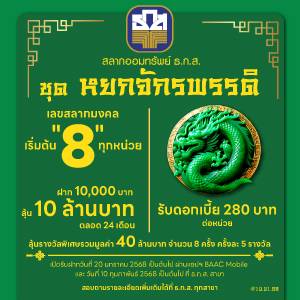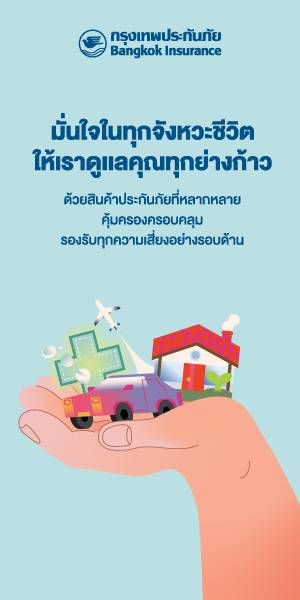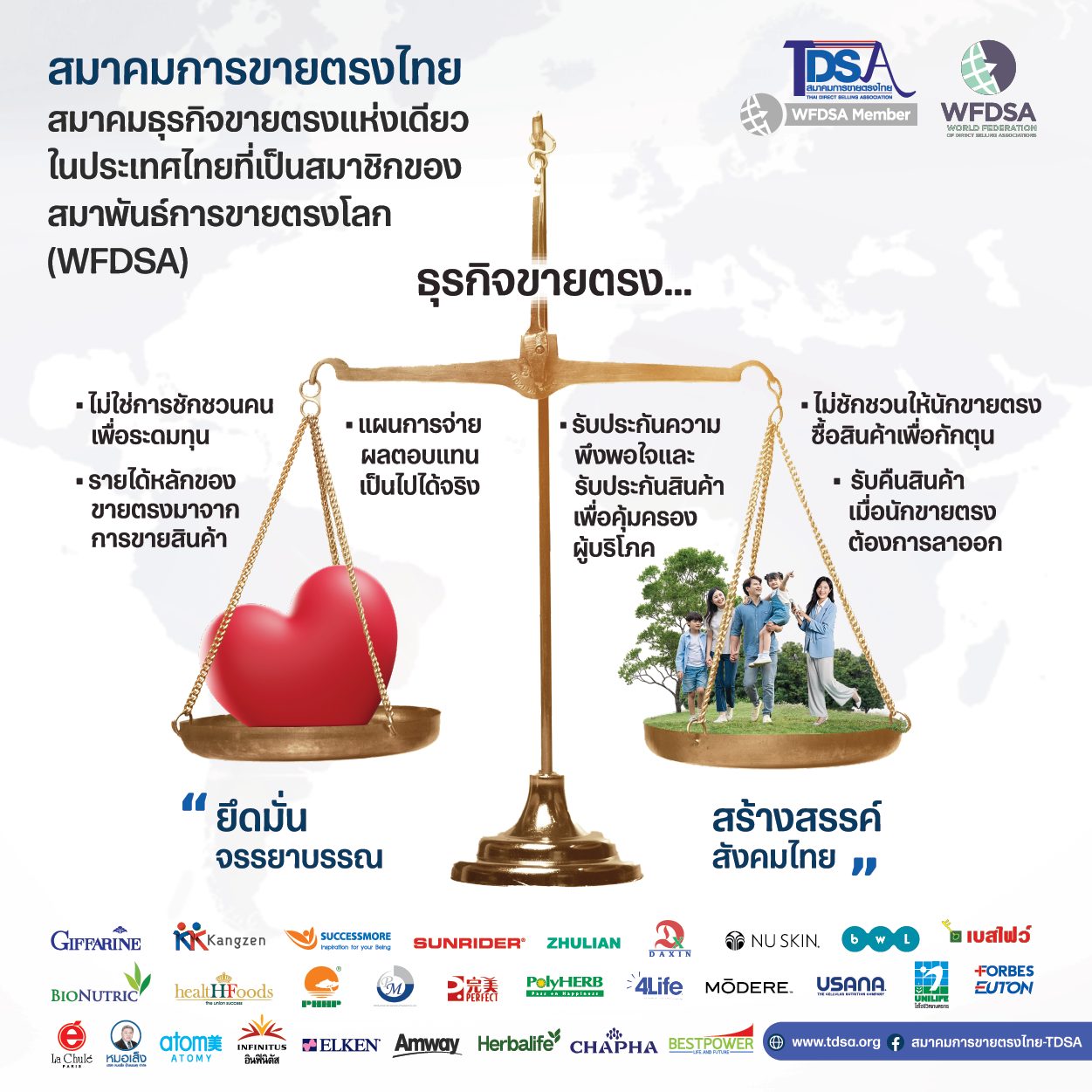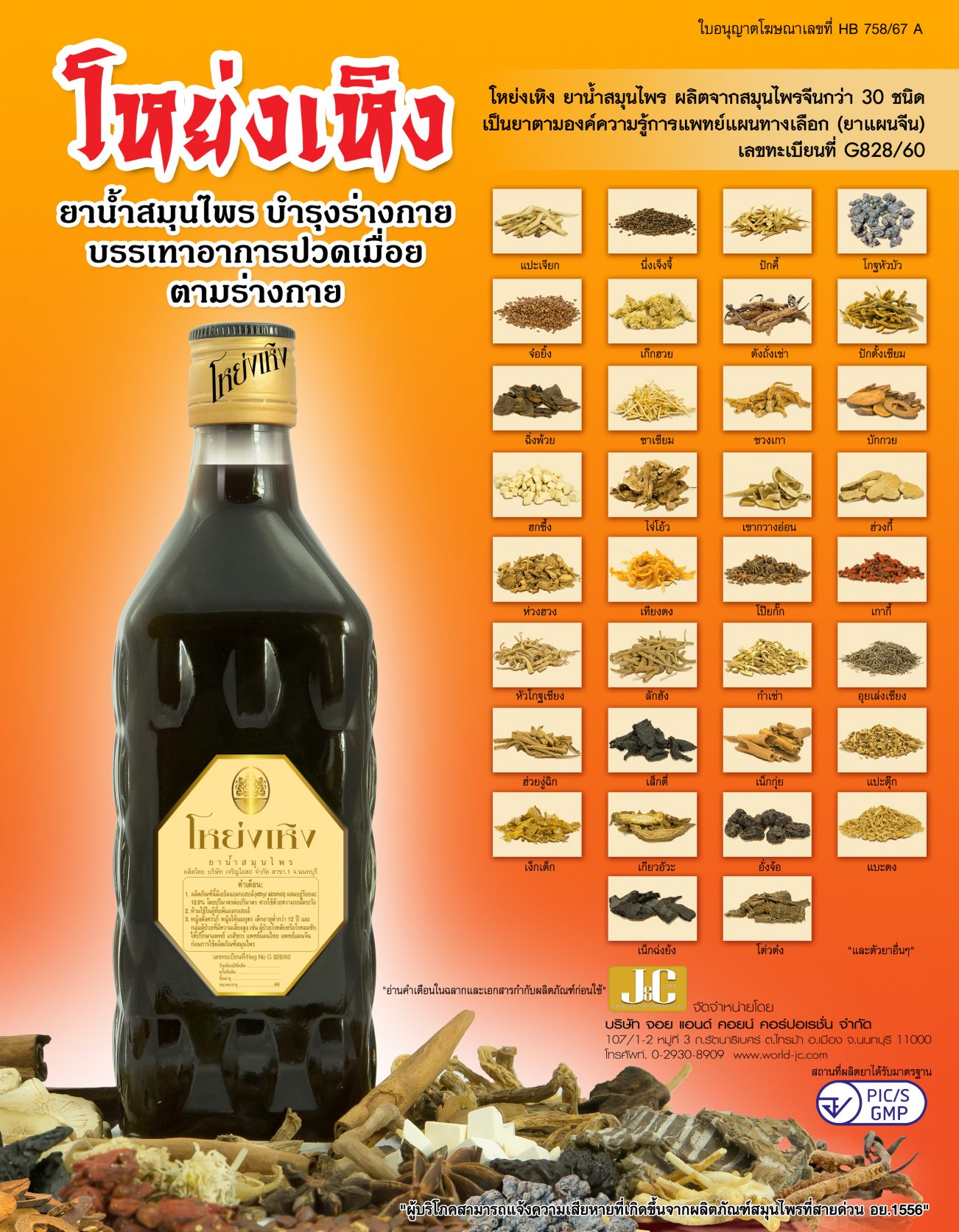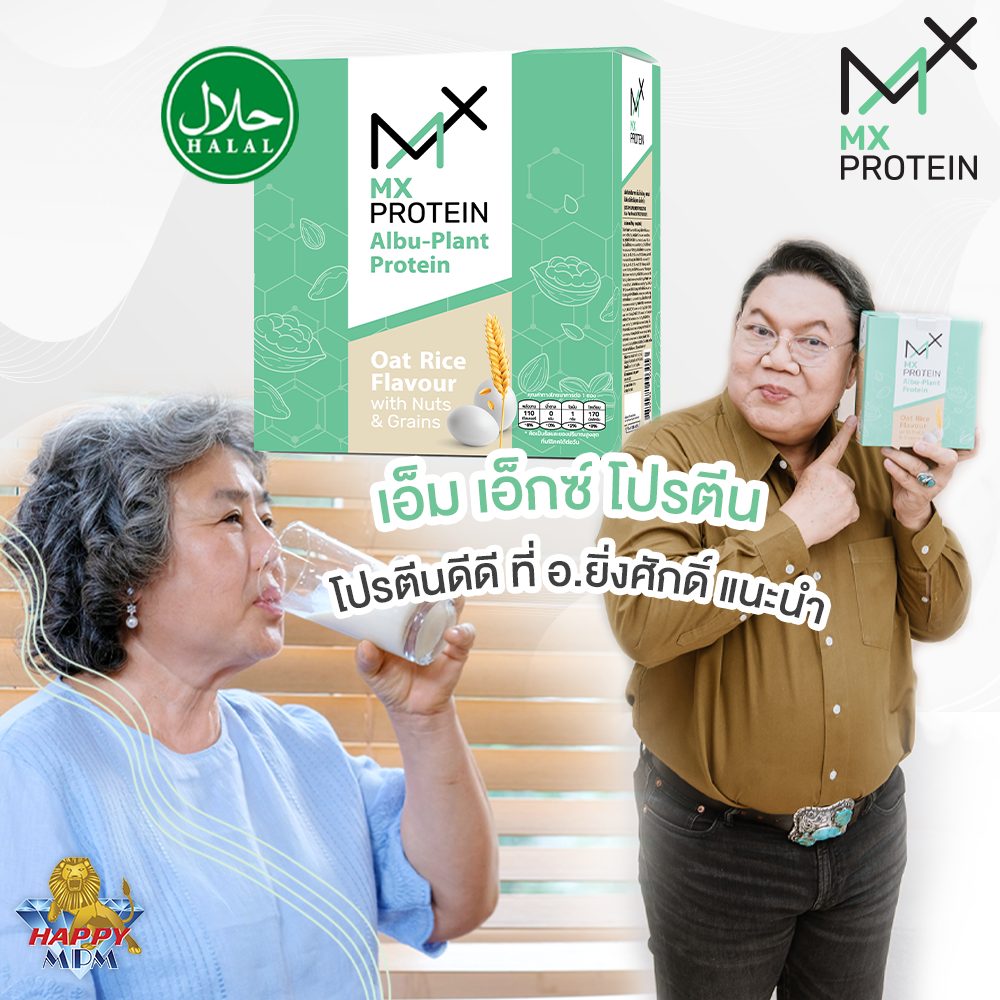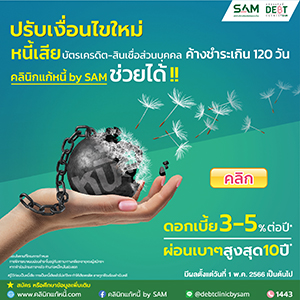ศูนย์วิจัยกสิกรไทยประเมินทิศทางเศรษฐกิจ จากแผนการเปิดประเทศและสถานการณ์โควิดที่คลี่คลายลง หนุนการท่องเที่ยวให้ฟื้นตัวมากกว่าที่คาดไว้เดิม และมีอานิสงส์ต่อเนื่องมายังการปรับเพิ่มประมาณการจีดีพีสำหรับทั้งปี 2565 เป็น 2.9%
นางสาวณัฐพร ตรีรัตน์ศิริกุล รองกรรมการผู้จัดการ บริษัท ศูนย์วิจัยกสิกรไทย จำกัด มองว่า แม้ไทยจะมีแรงส่งจากการใช้จ่ายภาครัฐที่ลดลงหลังสิ้นสุดหลายมาตรการกระตุ้นเศรษฐกิจ กอปรกับมีการขาดดุลการค้าที่เพิ่มขึ้นตามการนำเข้าพลังงาน แต่เมื่อรวมผลจากจีดีพีไตรมาส 1/2565 ที่ออกมาดีกว่าที่คาด มุมมองการบริโภคภาคเอกชนที่ดีกว่าที่เคยประเมินเล็กน้อย รวมถึงแรงหนุนสำคัญจากรายได้นักท่องเที่ยวที่เพิ่มขึ้น จึงทำให้ศูนย์วิจัยกสิกรไทยปรับเพิ่มประมาณการจีดีพีสำหรับทั้งปี 2565 จาก 2.5% มาอยู่ 2.9%

โดยนางสาว เกวลิน หวังพิชญสุข รองกรรมการผู้จัดการ บริษัท ศูนย์วิจัยกสิกรไทย จำกัด กล่าวเพิ่มเติมว่าศูนย์วิจัยกสิกรไทยได้ปรับจำนวนนักท่องเที่ยวเพิ่มขึ้นจากเดิมที่ 4.0 ล้านคน มาเป็น 7.2 ล้านคน ซึ่งทำให้มีรายได้ท่องเที่ยวจากทั้งต่างชาติเที่ยวไทยและไทยเที่ยวไทยเพิ่มขึ้นมาที่ 1.1 ล้านล้านบาท แม้ว่าจะยังห่างจากช่วงก่อนโควิดที่ทำได้ถึงราว 3 ล้านล้านบาทก็ตาม

อย่างไรก็ตาม นางสาวณัฐพร กล่าวต่อว่า ปัจจัยสำคัญที่ต้องติดตามยังเป็นเรื่องเงินเฟ้อที่คงจะเข้าหาระดับสูงสุดในไตรมาส 3/2565 ซึ่งทำให้ กนง.อาจต้องปรับขึ้นอัตราดอกเบี้ยนโยบายเข้าหาระดับ 1.0% ภายในสิ้นปีนี้ เทียบกับ 0.5% ในปัจจุบัน ท่ามกลางภาวะที่เฟดคงปรับขึ้นอัตราดอกเบี้ยนโยบายต่อเนื่อง แต่คาดว่าแบงก์ไทยจะยังไม่ได้ปรับอัตราดอกเบี้ยมาตรฐานของฝั่งเงินฝากและเงินกู้ตามในทันที โดยคงเป็นการปรับอัตราดอกเบี้ยสำหรับเฉพาะบางผลิตภัณฑ์มากกว่า เนื่องจากสภาพคล่องส่วนเกินยังอยู่ในระดับสูงและยังมีโจทย์ในการช่วยเหลือลูกค้าให้ก้าวข้ามช่วงของการเปลี่ยนผ่านทางเศรษฐกิจ ส่วนเงินบาทยังมีโอกาสอ่อนค่าเข้าหาระดับ 36.0 บาทต่อดอลลาร์ฯ ภายในระยะเวลา 1-2 เดือนข้างหน้านี้ ตามปัจจัยเศรษฐกิจและดอกเบี้ยสหรัฐฯ ที่ยังหนุนเงินดอลลาร์ฯ และมีการปรับตัวผ่านเงินทุนไหลออกจากตลาดทุนไทยบางส่วน กระนั้นก็ดี ไทยยังไม่ต้องห่วงผลกระทบต่อความมั่นคงของระดับทุนสำรองระหว่างประเทศ เนื่องจากยังอยู่ในระดับสูง สามารถรองรับภาระหนี้ต่างประเทศระยะสั้น การนำเข้า 3 เดือน และหนุนหลังการพิมพ์ธนบัตรออกใช้ได้กว่า 1.2 เท่า

สำหรับประเด็นวิกฤตความมั่นคงทางอาหารนั้น นางสาวเกวลิน มองว่า ในขณะนี้ ไทยมีความเสี่ยงต่อภาวะความตึงตัวของผลผลิตอาหาร ซึ่งยังไม่ใช่วิกฤตด้านอาหารดังที่ปรากฏขึ้นในหลายประเทศ ทั้งนี้ เนื่องจากเกษตรกรและผู้ผลิตอาหารไทยเผชิญแรงกดดันจากต้นทุนปัจจัยการผลิตที่แพงขึ้นซึ่งอาจกระทบผลผลิต ประกอบกับความต้องการและราคาอาหารโลกเพิ่มขึ้น หนุนการส่งออกในบางรายการ ดังนั้น ราคาอาหารไทยอาจปรับขึ้นในครึ่งหลังปีนี้และมีแนวโน้มยืนสูงต่อไปอีกอย่างน้อยจนถึงช่วงกลางปีหน้า โดยเฉพาะน้ำมันปาล์ม ข้าว และเนื้อหมู ซึ่งทำให้ผู้ประกอบการที่ได้รับผลกระทบยังมีโจทย์ในด้านการบริหารจัดการต้นทุน เช่นเดียวกับผู้บริโภคที่ต้องให้ความสำคัญกับการดูแลฐานะรายรับรายจ่ายและใช้สอยอย่างรอบคอบต่อเนื่อง
KResearch upgrades GDP growth forecast to 2.9 percent while Thailand is exposed to risk of tightening food supply
Thailand’s reopening and the easing COVID-19 pandemic have been a boon to tourism, which has seen a better-than-expected recovery. These developments have prompted KResearch to raise its GDP projection for 2022.
Ms. Nattaporn Triratanasirikul, Deputy Managing Director, KASIKORN RESEARCH CENTER Co., Ltd. (KResearch), noted that Thailand has received less support following a decrease in government spending after the ending of several economic stimulus measures, while also suffering from a wider trade deficit due to higher energy imports. On the plus side, however, the higher-than-expected GDP growth for 1Q22, views towards private consumption that are slightly better than anticipated as well as rising tourism receipts – which are now the key driver for the Thai economy – all of these factors have prompted KResearch to upgrade its GDP growth projection for 2022 to 2.9 percent from the previous forecast of 2.5 percent. Meanwhile, Ms. Kevalin Wangpichayasuk, KResearch Deputy Managing Director, added that the number of tourists has been revised upward to 7.2 million, compared to 4.0 million as previously projected. Therefore, Thailand’s tourism receipts, from both inbound and domestic tourism, are projected to rise to THB1.1 trillion, though that is still far from the pre-COVID figure of THB 3 trillion.
However, Ms. Nattaporn Triratanasirikul, KResearch Deputy Managing Director, also said that an important factor that must still be monitored is inflation, as it will likely approach its peak during 3Q22. As a result, the Monetary Policy Committee (MPC) may consider raising its policy rate towards 1 percent by the end of 2022, against the 0.5 percent seen presently. While the US Federal Reserve (Fed) may continue its monetary policy tightening, it is expected that banks in Thailand will not immediately hike their deposit or loan interest rates. Rather, they may raise interest rates for specific products because surplus liquidity in the system remains high, and there is still a need to assist customers during an economic transition. Meanwhile, the Baht may weaken towards THB36.0/USD over the coming one to two months as current economic conditions and the Fed Funds rate continue to support the US dollar, and there are adjustments seen in the Baht due in part to capital outflows from the Thai capital market. In spite of this, such impacts do not pose any threat to Thailand’s economic stability, because the country’s high international reserves can accommodate short-term foreign debt obligations, imports for the three-month period, and the printing of banknotes for circulation at more than 1.2x.
Regarding the issue of a potential food security crisis, Ms. Kevalin Wangpichayasuk, KResearch Deputy Managing Director, is of the view that Thailand is currently exposed to the risk of a tightening food supply, but still not the food crisis as seen in several other countries. This is because farmers and Thai food producers are facing pressures from rising production costs which may impact their productivity. Moreover, rising demand and soaring global food prices have been a boon to some export items. Consequently, Thai food prices, particularly palm oil, rice and pork, will likely increase during the second half of this year and remain high until the middle of next year. Under these circumstances, business operators will need to prioritize cost management, while consumers should focus on their income/expense management as well as caution in spending.



















